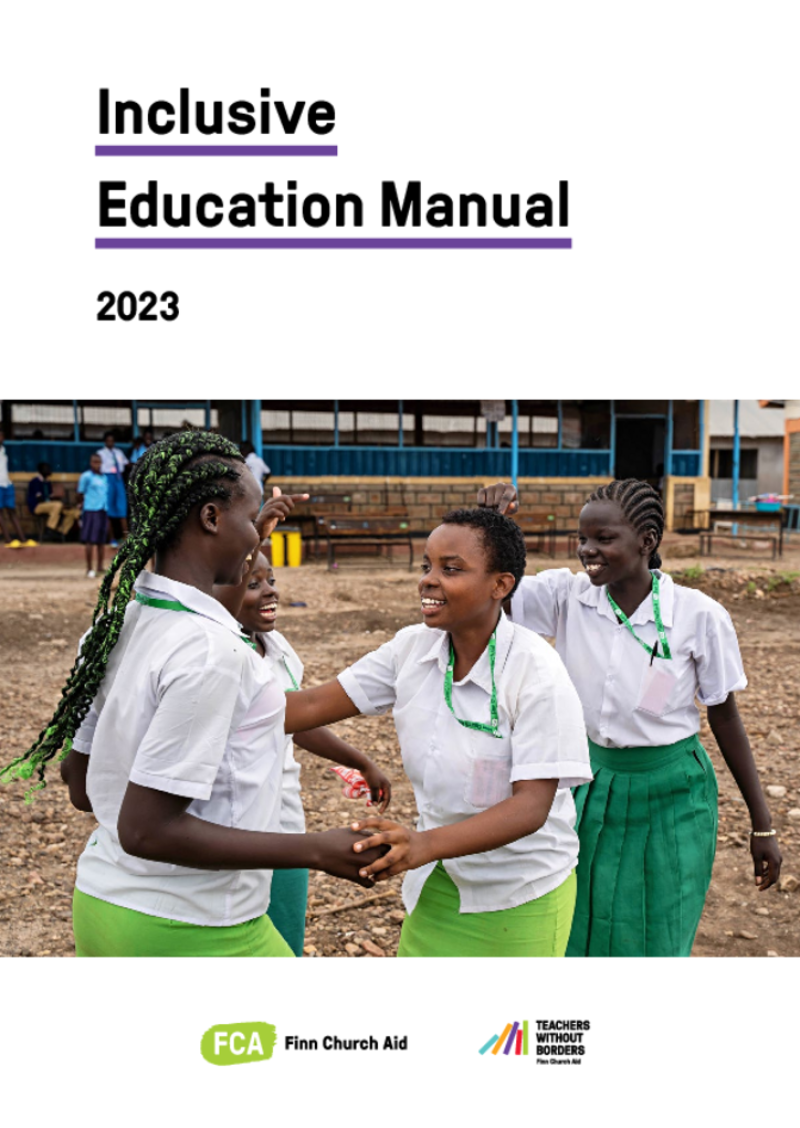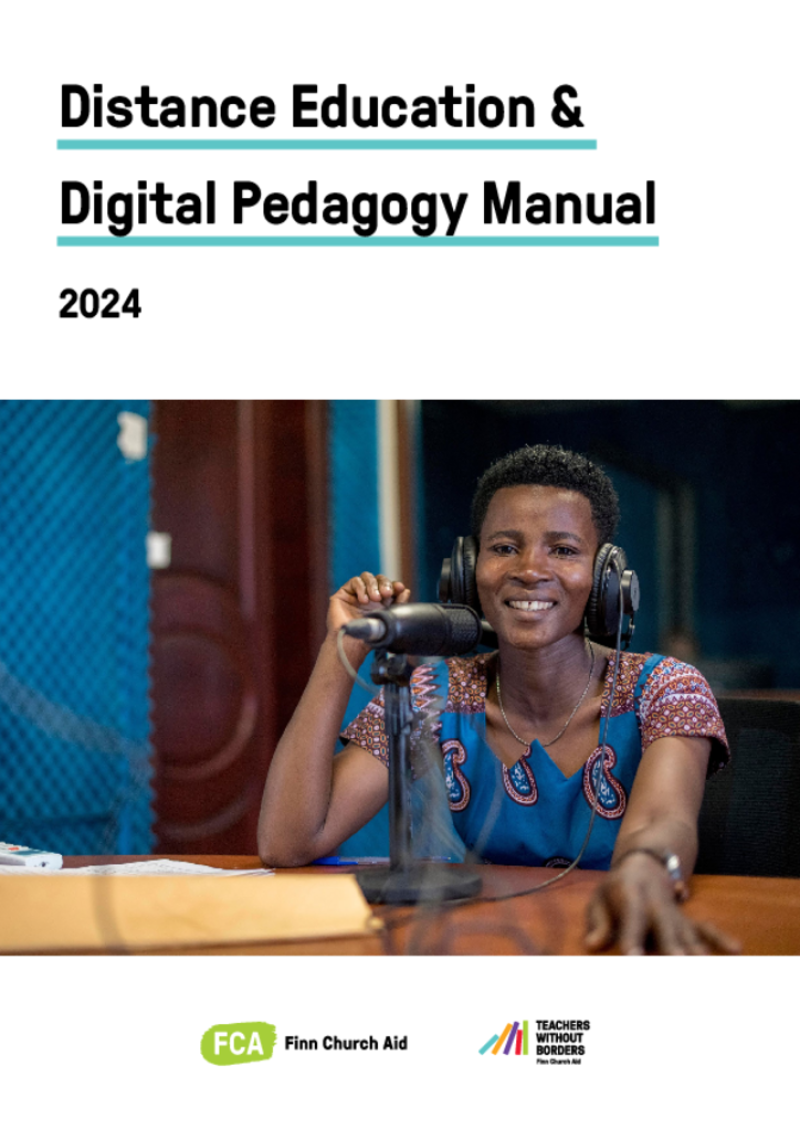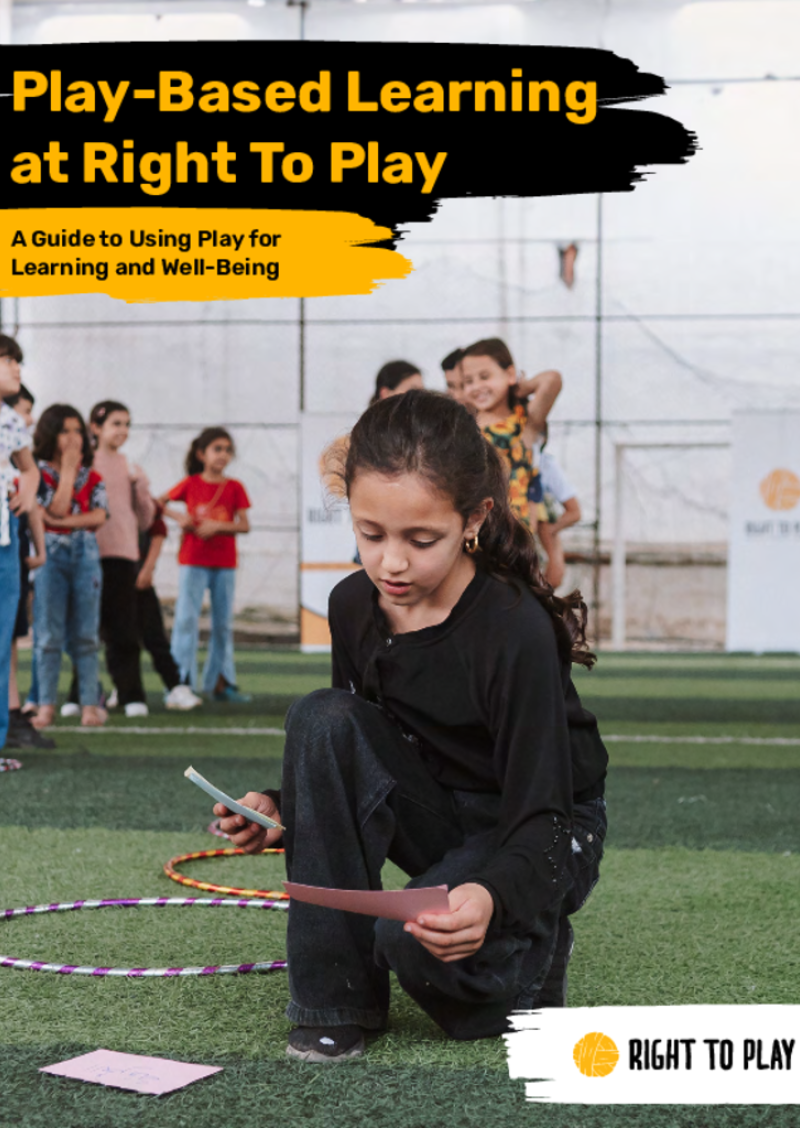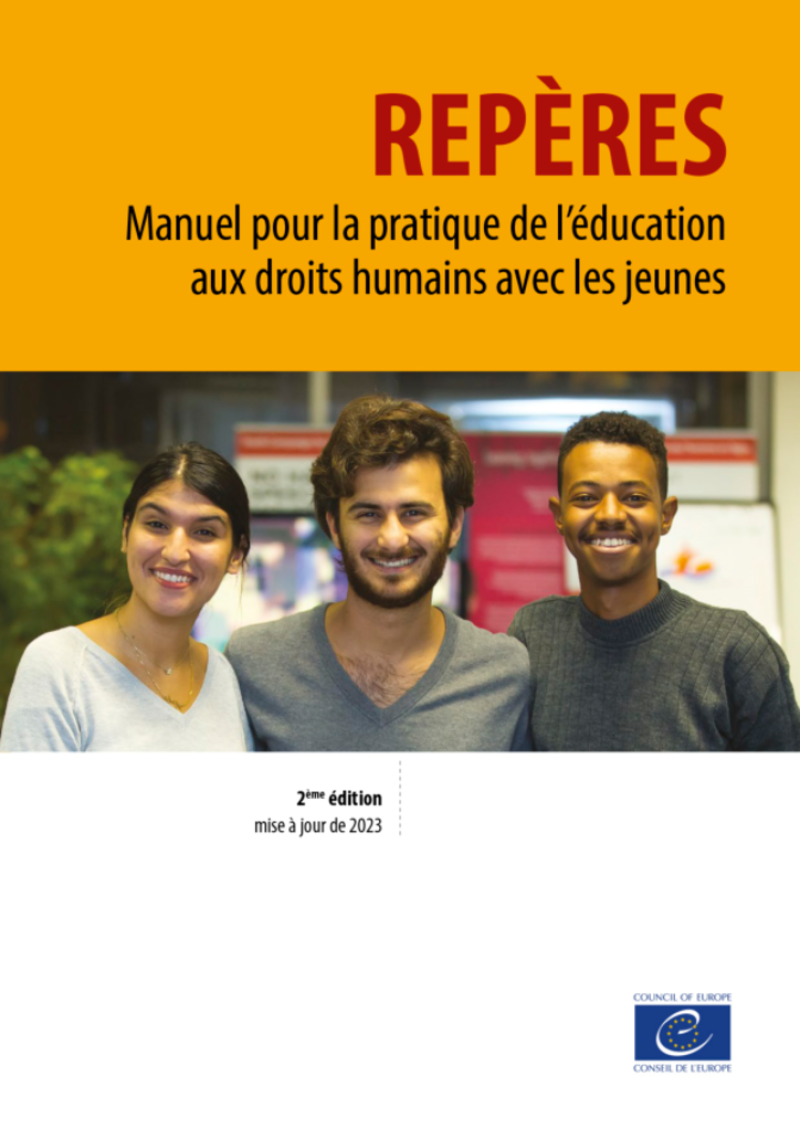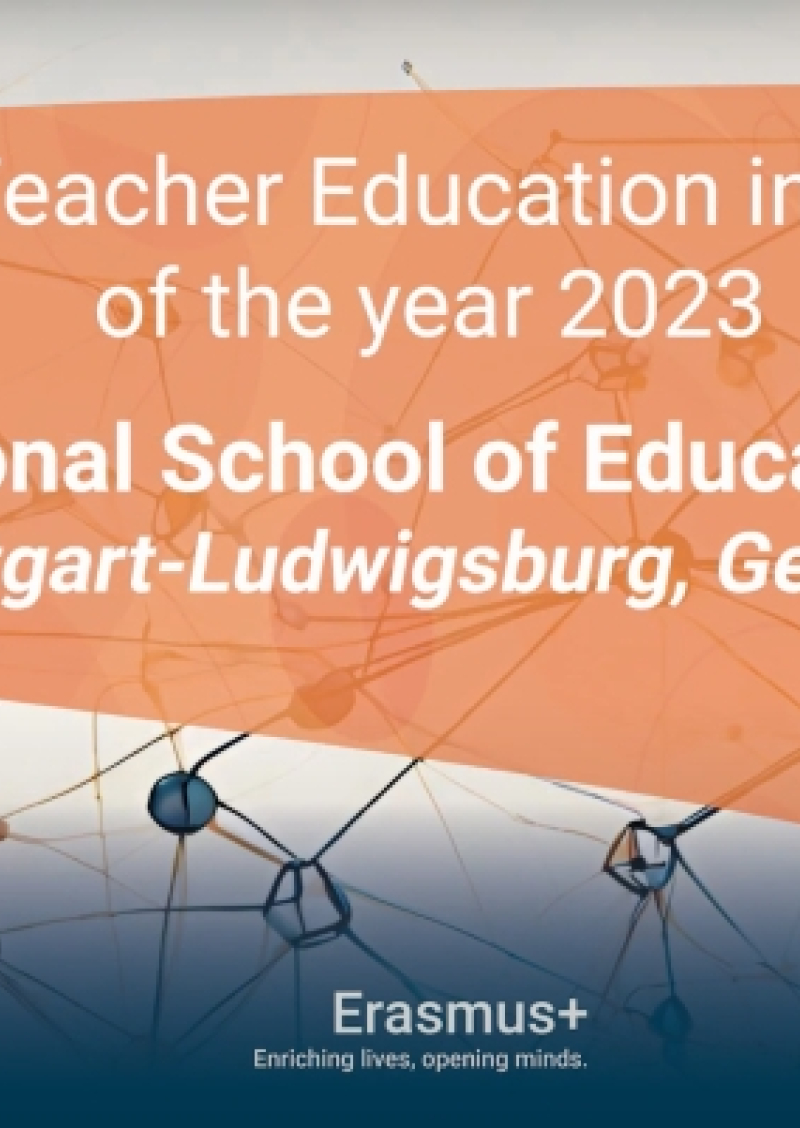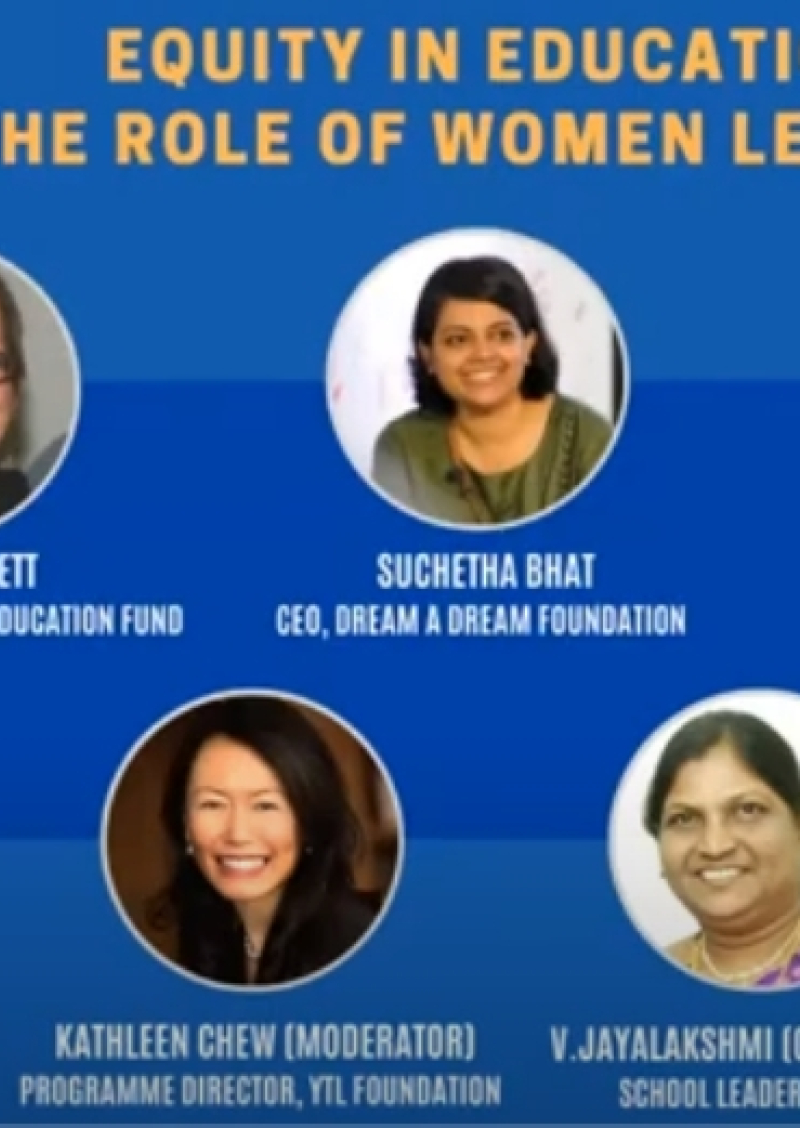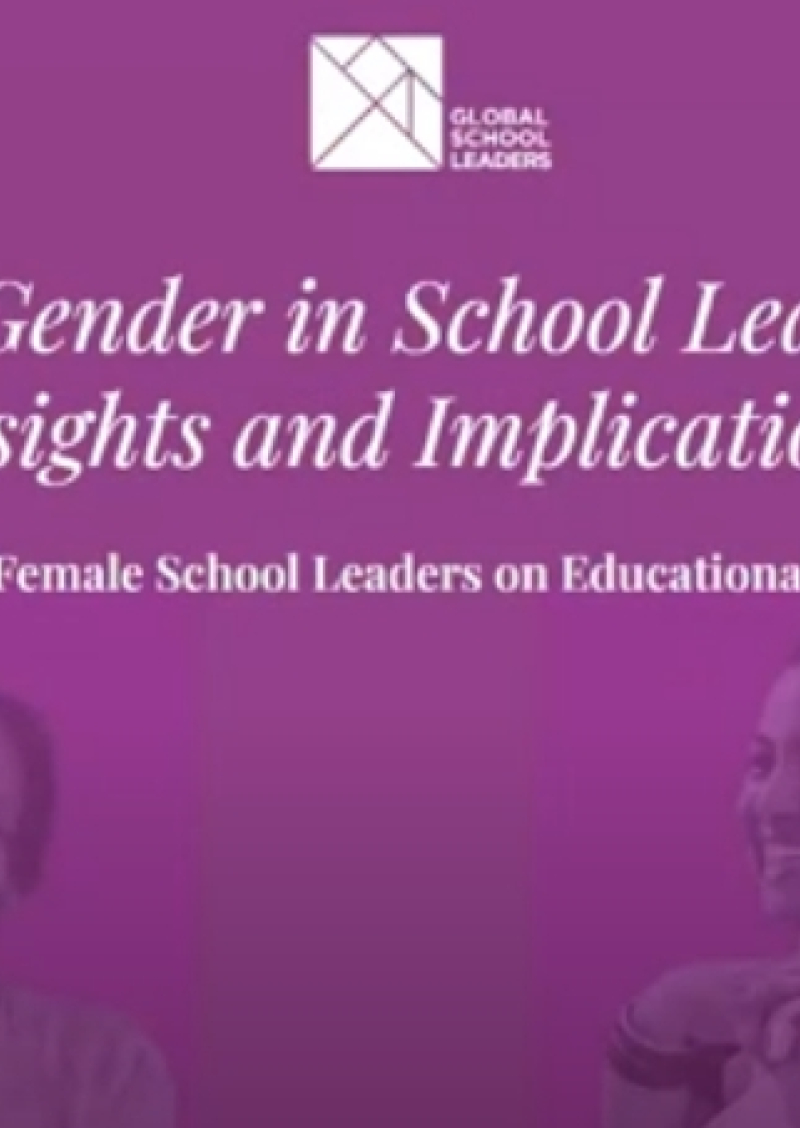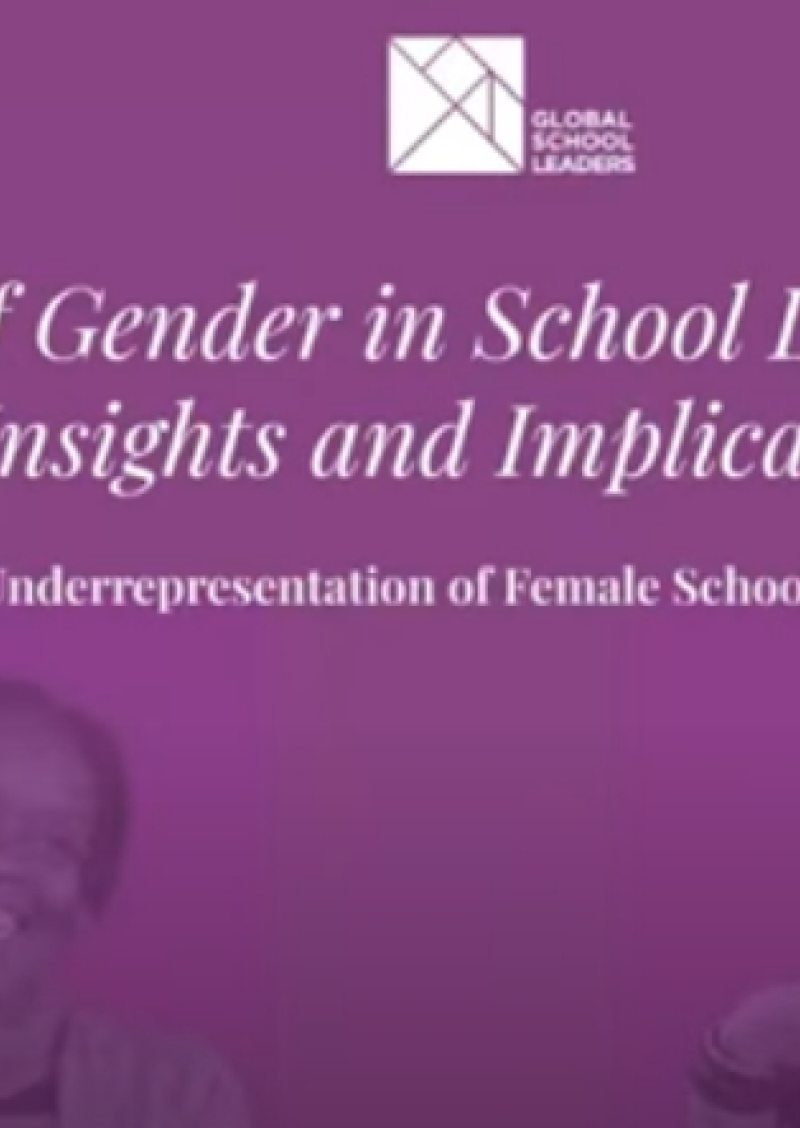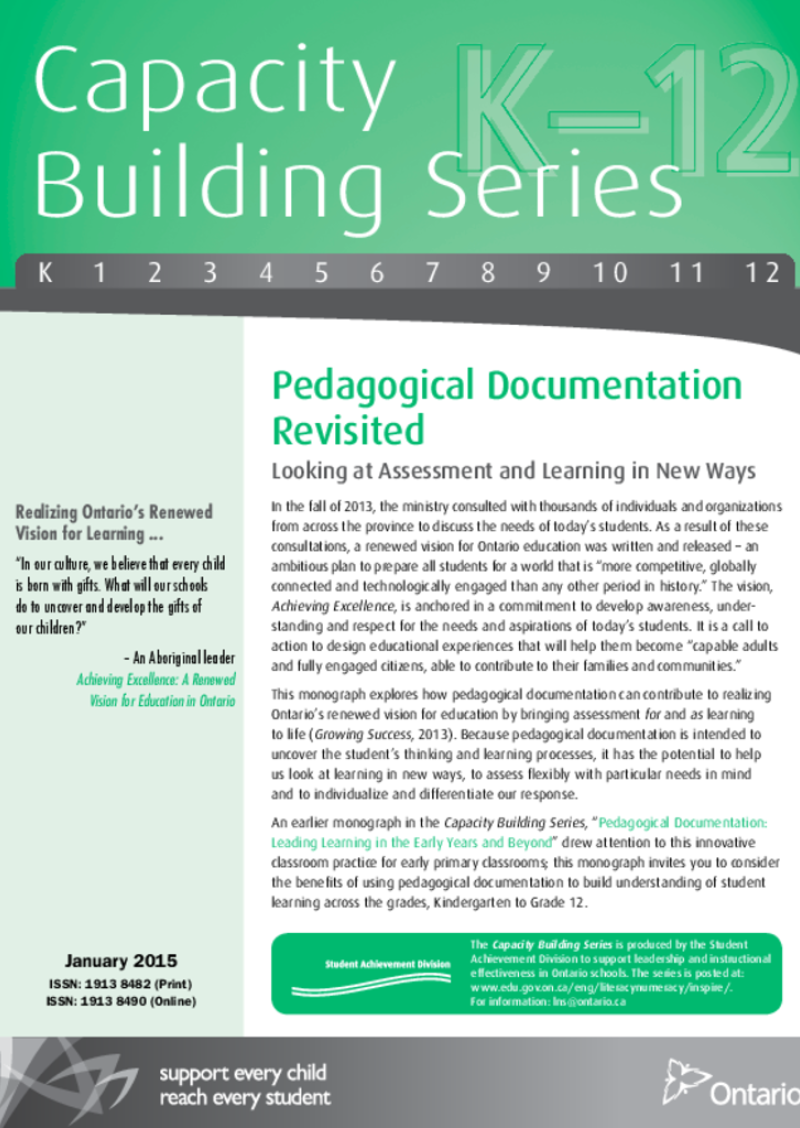Teacher Resource Centre
Displaying 1 - 20 of 50
FCA & TWB Inclusive Education Manual
This Teacher Training Manual on Inclusive Education supports teachers and other education personnel’s continuous professional development in inclusive, quality education especially in diverse low resource contexts and is adaptable for use anywhere in the world. The Inclusive Education Manual directly contributes to realization of several targets of the Agenda 2030 Sustainable Development Goal (SDG) 4 “ensuring inclusive and equitable quality education for all”.
The manual was developed by Finn Church Aid (FCA) and Teachers Without Borders (TWB) Network Finland. The content has been collected and built on the numerous good materials and practices used and co-developed by FCA staff and TWB education experts in different countries and contexts.
The training manual consists of three (3) training modules that can be used flexibly:
- Education, Teacher and School Community,
- Inclusive Education, and
- Positive Classroom and Learning Environment for All Learners.
The content design allows the trainer or facilitator to pick individual modules or sessions and adapt the training content according to the context and target group’s needs.
We hope you find it useful!
FCA & TWB Distance Education & Digital Pedagogy Manual
This teacher training manual on Distance Education & Digital Pedagogy supports teachers and other education personnel’s continuous professional development in pedagogically high-quality distance education and remote learning especially in diverse, low resource contexts and is adaptable for use anywhere in the world.
The manual has been developed by Finn Church Aid (FCA) and Teachers Without Borders (TWB) Finland. The development of the training materials began already in 2020 as a response to the school lock-down situations caused by the COVID-19 pandemic, when teachers and learners quickly had to adapt to remote education modalities. Even though the pandemic has subsided, the need for quality distance education prevails. Ensuring the continuity of learning for all learners is critical in all contexts, even and especially during crisis situations.
The training manual consists of eight (8) training modules that can be used flexibly:
- Distance Education,
- Distance Education Modalities,
- Pedagogy of Digital and Distance Education,
- Psychosocial and Emotional Wellbeing,
- Learner-Centred Methods in Distance Education,
- Home Support – Parents and Caregivers’ Role and Collaboration,
- Inclusive Education, and
- Assessment and Evaluation.
The content design allows the trainer or facilitator to pick individual modules or sessions and adapt the training content according to the context and target group’s needs.
We hope you find it useful!
Unlocking Potential: How Generative AI Can Help Enhance Career Readiness
Generative AI has the potential to make career education more accessible and impactful by offering personalized guidance and automating routine tasks. By leveraging AI, educators can design more efficient, tailored learning experiences, ensuring that every student—regardless of background—has access to the knowledge, tools, and opportunities they need to prepare for future success.
Join us on October 29th at 2:00pm GMT, as Sumit shares insights from his action research on how Generative AI can enhance career readiness for students from underserved communities, highlighting how one can leverage technology like GenAI to bridge educational gaps and equip students with the skills needed to thrive in future careers.
Register here
A Guide to Using Play for Learning and Well-Being
Right To Play uses a variety of approaches to play to support children’s learning, development, and well-being, including sports, music, theatre, art, and play-based learning.
This document focuses on the play-based learning methodology and approach, and how it can be used for learning and development goals related to Right To Play’s core programmatic areas: early childhood care and education, primary education, gender equality and girls’ well-being, and psycho-social support.
Faire des manuels scolaires des outils de l'égalité entre les femmes et les hommes
Ce guide invite les enseignants à réfléchir aux inégalités de genre dans les manuels scolaires. Elle présente des bases légales et normatives sur lesquelles s’appuient cette question dans le cadre Français, des chronologies, infographies sur l’égalité de genre et l’élaboration des programmes. On y retrouve différents outils à destination des enseignants pour les accompagner au moment d’aborder ces sujets en classe dans différentes matières, ou plus largement dans la vie scolaire.
Kit pédagogique - Idées, ressources, méthodes et activités pour l'éducation interculturelle informelle avec des adultes et des jeunes
Il s’agit de la réédition mise à jour d’un manuel originellement publié en 1995 dans le cadre de la Campagne Européenne de la Jeunesse contre le Racisme, la Xénophobie, l’Antisémitisme et l’Intolérance. Le document est pensé comme un outil accessible aux praticiens de l’éducation informelle auprès d’un public d’âge varié. Il est divisé en 2 parties : la première offre le contexte et le cadre pour aborder les activités et méthodes proposées dans la seconde partie. On y retrouve également une liste de documents écrits et audiovisuels en différentes langues parlées au sein de l’Europe mobilisable dans des cadres éducatifs.
Repères - Manuel pour la pratique de l'éducation aux droits humains avec les jeunes
Ce manuel à destination des enseignants propose différentes ressources pour aborder la question des droits humains auprès des élèves allant de la définition des différents thèmes abordés tel que la citoyenneté, l’environnement, la mémoire, l’égalité de genre entre autres. Il y est également proposé un ensemble d’activités sous différentes formes (théâtre, audiovisuelle, études de cas, analyses de média). Il s’agit d'un guide complet qui accompagne l’utilisateur depuis le choix de l’activité, à sa mise en place auprès des élèves. Il est également accessible depuis la plateforme suivante : Repères.
A course for the ages: project-based learning with eTwinning/Erasmus+ for interculturality
In the blended-learning course, guest speakers such as eTwinning moderators and ITE ambassadors from Germany and Europe give motivating talks to the student teachers about their experiences. The course meets via Zoom once a week for 90 minutes. All the classwork and learning activities take place via a Moodle classroom, so students don’t travel anywhere.
This course won the eTwinning for future teachers – European Award for Initial Teacher Education and they are seeking to share their course with other Initial Teacher Education institutions. Access an OER syllabus for the course here.
For more information about the course, taking part in projects, registering for the October 2024 Stuttgart University course or becoming a guest speaker, please contact Professor Richard Powers at richard.powers@ilw.uni-stuttgart.de
Link for syllabus: https://drive.google.com/file/d/1mi2qveVC3AZf33YJlB2P9AlO9-vrGREC/view?usp=drive_link
Free webinar: International Trends in Open and Distance Education
Massey University and Open Polytechnic present a free webinar with ICDE Secretary General, Torunn Gjelsvik. The Secretary General will discuss international trends in distance and open education related to access, equity and scalability. Dr Mark Nichols from Open Polytechnic, the President of ICDE, will also join the conversation, together with Professor Giselle Byrnes, Provost of Massey University. There will be an opportunity for questions at the end of the session
Equity in Education: The Role of Women Leaders
Global School Leadership Webinar featuring Kathy Bartlett, Suchetha Bhat, Olanrewaju Oniyitan, Kathleen Chew, and V. Jayalakshmi on the topic of Equity in Education: The Role of Women Leaders.
Role of Gender in School Leadership PART II: Impact of Female School Leaders on Educational Outcomes
Drawing from the 2024 Evidence Review on gender in school leadership (available here), the two-part webinar series “Role of Gender in School Leadership" aims to offer deep insights into effective strategies for fostering gender equity in educational leadership. Watch this webinar as practitioners, researchers and policymakers from the global education space unpack the potential of improving female representation in school leadership to enhance educational outcomes and foster inclusive learning environments. In this webinar Aashti Zaidi Hai talks to Eline Versluys, Sister Zeph, Franco Mosso, and Veronica Cabezas.
Role of Gender in School Leadership PART I : Underrepresentation of Female School Leaders- PART I
Drawing from the 2024 Evidence Review on gender in school leadership (available here), the two-part webinar series “Role of Gender in School Leadership" aims to offer deep insights into effective strategies for fostering gender equity in educational leadership. Watch this webinar with professionals, researchers, and policymakers to deep dive into the underrepresentation of female school leaders and explore actionable strategies for overcoming systemic barriers hindering gender equity in school leadership roles, and discuss ways to dismantle them. In this webinar Sonakshi Sharma talks with Vongai Nyahunzvi, Gala Díaz Langou y Michael Boakye-Yiadom.
Toolkit: Problem Solving Strategies
Welcome to the toolkit Strategies for Problem Solving of the Inter-American Teacher Education Network. This toolkit is aimed at professionals who work at different levels of teaching and want to learn about problem-solving strategies and their application in family, social and academic settings.
An important point to clarify is that the term “problem” does not refer exclusively to mathematics, but rather to the challenges that we face daily which are also problems to be solved through certain strategies.
The Toolkit can be downloaded at no cost and shared freely.
There are no pre-requisites.
Certificate: No certification is granted at this moment.
Modality: The Toolkit is self-guided and self-paced.
Welcome to the Problem Solving Strategies Toolkit, we hope these materials will meet the professional development needs of teachers in the Americas.
Toolkit: Effective Learning Objectives to Promote Critical Thinking
This free toolkit is aimed at all teachers interested in exploring in detail the characteristics of learning objectives and their importance in helping to effectively communicate what the student is expected to achieve; This is the basis of any instruction and is vital for the planning of all kind of teaching strategies especially the development of critical thinking. Participants who complete this toolkit will be able to identify the elements that affect the effectiveness of learning objectives by answering a series of reflection questions and will also be able to generate effective learning objectives for critical thinking development. There are no pre-requisites, all teachers from all academic areas and levels can participate. The Toolkit is self-guided, presents exercises of self-reflection and guided discovery and examples of application in the classroom.
Pedagogical Documentation Revisited
This monograph explores how pedagogical documentation can contribute to realizing Ontario’s renewed vision for education by bringing assessment for and as learning to life. Because pedagogical documentation is intended to uncover the student’s thinking and learning processes, it has the potential to help us look at learning in new ways, to assess flexibly with particular needs in mind and to individualize and differentiate our response.
Pedagogical documentation allows educators to see how thinking, learning, curriculum and assessment are intertwined. It offers them the opportunity to contribute to a fuller understanding of learning and to advance the research on effective practice, both locally and internationally.
The Digital Educator | A Primer
A course for educators interested in using digital technologies to create relevant, authentic, and engaging learning experiences. It enhances the knowledge of digital tools and the ways to use them meaningfully in teaching. Designed for both novice and expert users of technology to extend and supplement practice. This short course empowers educators on digital pedagogy. It focuses on using technology as an ecosystem to be leveraged for improved learner agency across virtual and hybrid learning scenarios. Using Universal Design for Learning (UDL) principles, educators learn to integrate digital tools to create impactful learning experiences. The course integrates social-emotional learning competencies promoting whole brain learning.
The Social Emotional Educator | A Primer
This self-paced interactive course provides educators with an introduction to social and emotional learning. Using a variety of interactive tools and pedagogies, educators experience the need and value of SEL for themselves and its powerful transformational role in cultivating safe, supportive, and inclusive classrooms for their learners. course builds knowledge and awareness of social and emotional competencies for educators themselves and supports the application of pedagogical practices in classrooms that build these competencies in learners. It is rooted in the importance of positive relationships between educators, learners, and the larger community.
